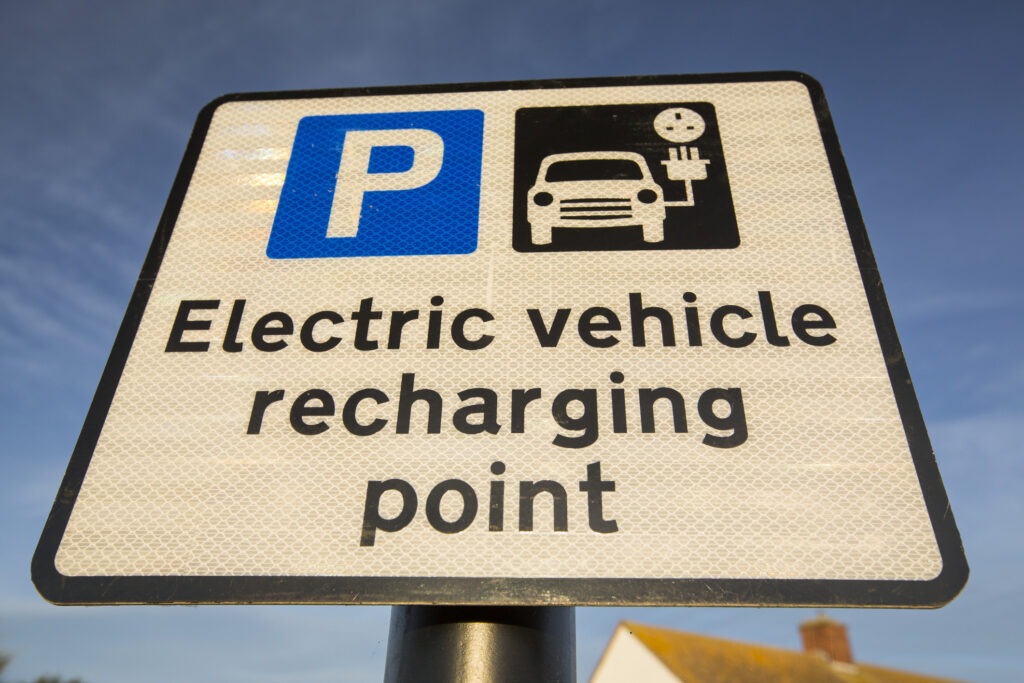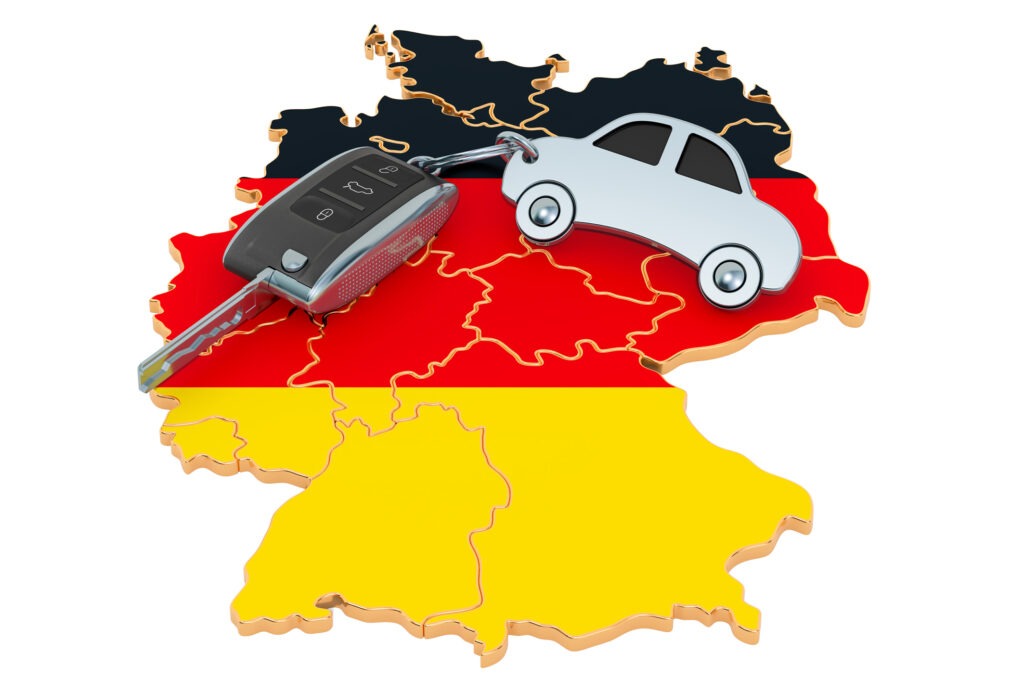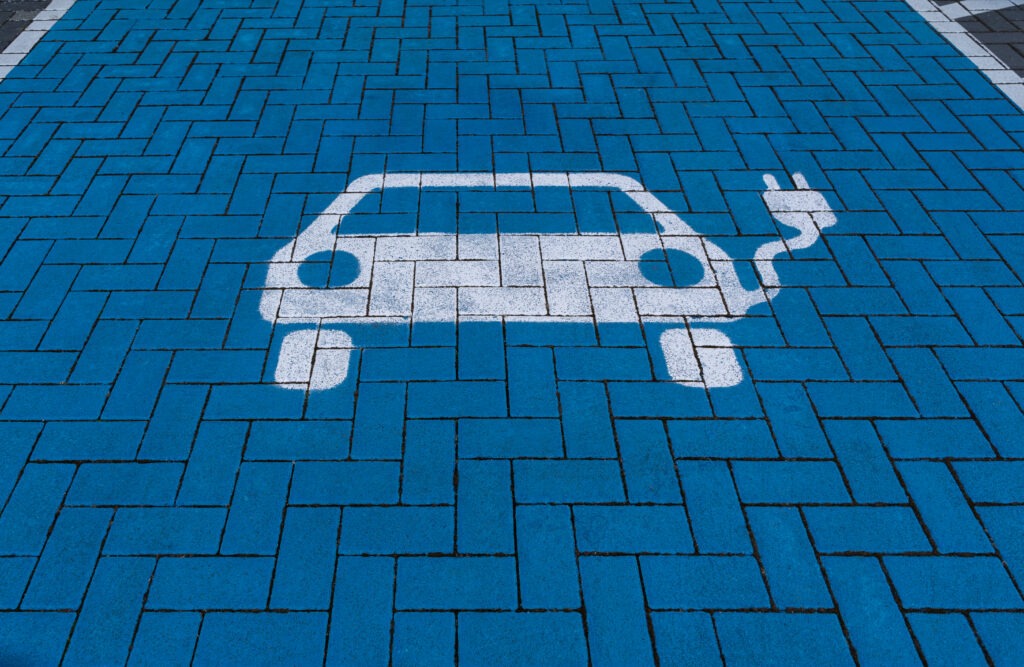UK LCV market ends 2023 with further growth
15 January 2024

The UK light commercial vehicle (LCV) market improved for the 12th consecutive month in December. Andy Picton, chief commercial vehicle editor at Glass’s (part of Autovista Group) takes a closer look at the numbers.
Following on from November increases, the UK LCV market continued its growth as the year came to a close. A total of 29,701 new vehicles took to the roads in December 2023, a 36.1% increase on the same month in 2022. Registrations for the whole of 2023 totalled 341,455 units, up 21% on 2022.
December saw increases across the board, as the pickup sector enjoyed a significant 136.6% improvement. Vans below two tonnes and those between 2-2.5 tonnes gross-vehicle weight (GVW) also had a strong month, gaining by 85.7% and 101.4% respectively. Vans with a GVW between 2.5-3.5 tonnes saw a more subdued rise in registrations, up by 10.2%, representing 60.8% of all units registered in the month. In the year to date, this sector accounted for nearly 67% of all registrations in the UK market.
Ford finishes with a flourish
Ford dominated registrations again in December, with three of the brand’s models in the top five best-sellers for the month. The Transit Custom toppled the way, reaching 3,298 units, as the Transit ended up third, generating 2,227 deliveries. The Ranger recorded the month’s strongest pickup sales with 1,704 registrations, enough for fourth in the table.
The Vauxhall Vivaro emerged as the second-best seller in December, adding 2,237 units to its yearly total. Elsewhere, the Renault Trafic finished in fifth, making 1,483 deliveries, ahead of Volkswagen (VW) and its Transporter in sixth (1,319 units). From the Stellantis group, the Peugeot Boxer ended up seventh (1,185 units), and the Citroen Berlingo eighth (1,166 units). Rounding out the top 10 was the Mercedes-Benz Sprinter (1,084 units) edging out the Toyota Hilux in 10th (1,076 units)
BEV sales building
Battery-electric vehicle (BEV) registrations also finished the year strongly, with 2,964 new vehicles hitting the road in December. This was a 73.8% increase from 12 months ago, giving the BEV market its second-highest-ever share, reaching 10%. Registrations for the year totalled 20,253 units, up 21% on 2022. However, overall market share remained static at 5.9%. The UK’s LCV sector is now the third-largest BEV market in Europe by volume.
December saw Maxus lead the way in BEV deliveries, registering 998 units, equating to a 33.4% market share. Stellantis ended up second with 713 deliveries resulting in a 23.9% market share, with Vauxhall contributing 591 units to the total. Nissan was third with 307 registrations giving them a 10.3% market share. Toyota was behind, producing an 8.9% market share (267 units) and VW rounded out the top five, holding an 8.1% share (241 units). The Maxus T90EV Pickup was the best-selling model during the month, completing 965 deliveries and accounting for 32% of the whole electric-van market.
The title of UK’s best-selling BEV in 2023 went to the Vauxhall Vivaro Electric, totalling 5,383 units and taking 26.5% of all BEV registrations. The Ford E-Transit was some distance behind with 1,585 deliveries (7.8%), as the Volkswagen ID Buzz Cargo completed the podium, generating 1,286 registrations (6.3%). December’s best-seller, the Maxus T90EV pickup, jumped into fourth with 1,261 units (6.2%), and the Mercedes-Benz e-Vito came fifth with 1,105 new electric vans (5.4%).
ZEV mandate maintains aid to growth
Increased demand for LCVs, including a record number of electric vans registered in 2023, has placed the new UK LCV market in a healthy position. This positivity needs to be slightly restrained due to the low bar set in 2022, where deliveries were at their lowest total since 2013. Last year's registrations were still over 6.5% behind the pre-COVID-19 pandemic levels set in 2019.
With the zero-emissions vehicle (ZEV) mandate now in force, 2024 is likely to be a complex year. Manufacturers not only need to ensure that LCV demand matches supply but also that at least 10% of sales are 100% electric. Understandably, there is still plenty to do to move fleets away from diesel, which made up 91.6% of all new vehicle registrations last year, down 0.3% on 2022.
Barriers to the adoption of all-electric LCVs still remain, including a perceived lack of range, payload and towing limitations, insufficient van-suitable chargers and a lack of long-term commitment to the Plug-in-Van-Grant. A delay to the adoption of Rules of Origin requirements, which were due to come into force at the start of this year, and its extension to the end of December 2026, provides much-needed relief and further preparation time for many manufacturers and customers. However, no further extensions will be approved after this time, with new rules coming into force from January 2027.
December’s dropping sales
The volume of used-van sales dropped by a third during December, which included the quieter Christmas period. Alongside this, average sales prices also decreased, falling 5.75% over the month and now sitting at nearly 11.5% behind the same point last year. The average age of all commercial vehicles sold remained static at 78.1 months, up only 0.2 months on November, but 2.6 months down on December 2022. The average monthly mileage increased by nearly 3.0% to 82,715 miles.
More medium vans were sold at auction than any other vehicle type, accounting for nearly 33% of all auction sales. Large vans accounted for 27.3%, and small vans a further 25.6%. Volumes of pickup stock sold accounted for only 14.1% of all sales but attracted the strongest average sales prices of £13,036 (€15,153), down £353 from November. Large vans covered more distance than any other type of stock at an average of 95,777 miles. This was over 7,100 miles more than November but over 3,350 miles less than December 2022.
First-time conversion rates for December increased by 0.5% to 76.3% overall and sat 0.3% higher compared to the same point 12 months ago. The best conversion rates were seen in the large panel van sector at 78.2%, while a conversion rate of 69.7% in the 4x4 pickup sector was the lowest return.
Used vehicles observed for sale in the wholesale market last month dropped 1.75% to just over 41,750 units. Of all vehicles on sale, 45% were valued at £20,000 or more, and 37% were trading between £20,000 and £10,000. At the lower end of the market, vehicles sold in the £10,000 to £5,000 price bracket remained stable at 14.1% of the overall market, while 3.9% were on sale for less than £5,000.
In an improving marketplace that continues to demand newer and cleaner stock, nearly 75% of all sales at auction were Euro 6 models, with an average age of nearly 56 months. Typical range was just over 74,500 miles, and the average selling price was just under £10,000. Less than 25% of all stock sold was Euro 5 or older, with an average age of 144 months, mileage of nearly 109,750 miles and a sale price of just over £3,000. Used electric vans made up less than 1.25% of all sales at auction with average mileage at 25,800 miles and a sales price of nearly £6,200.


